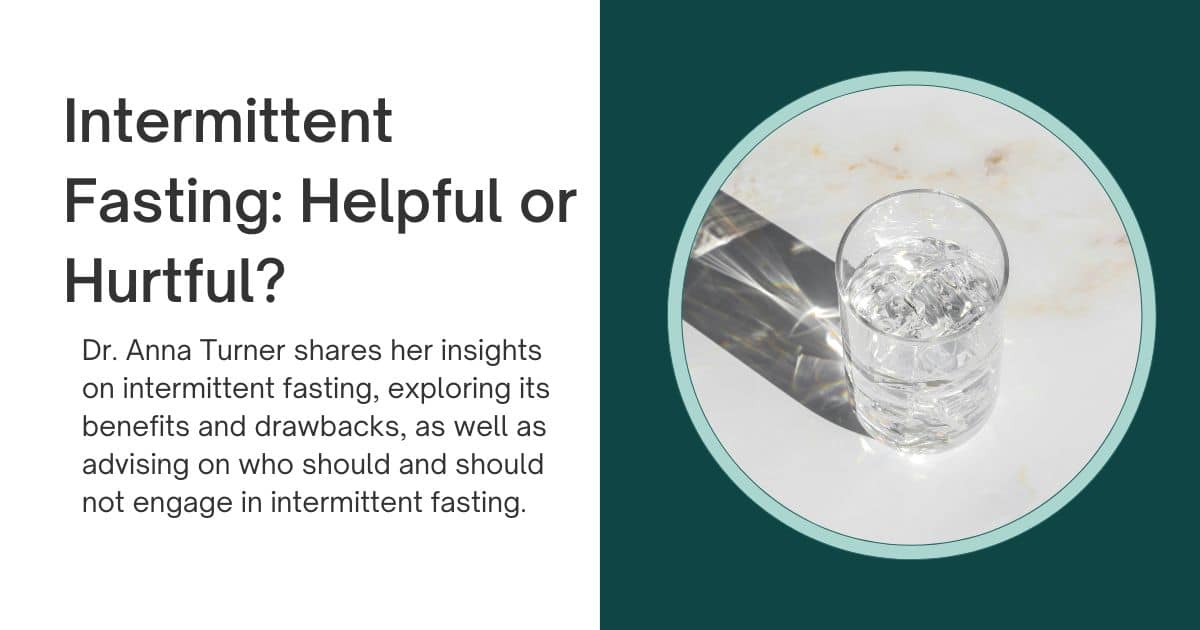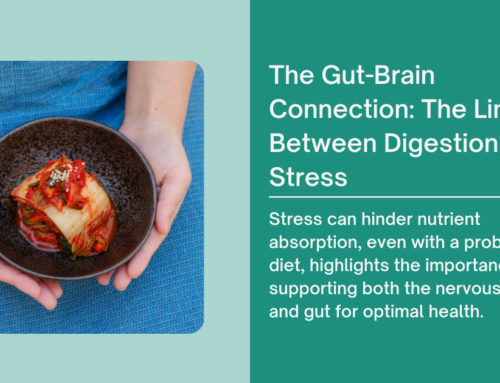Intermittent fasting (IF) has surged in popularity as a seemingly straightforward approach to improving health and managing weight. Unlike traditional diets that often focus on what to eat, intermittent fasting concentrates on when to eat, introducing periods of voluntary abstinence from food and drink. Its simplicity and the promise of significant health benefits have attracted many.
According to Dr. Anna Turner, “In light of the obesity epidemic, intermittent fasting can be beneficial, given our excess food supply and lack of meal skipping. Our evolution amidst food scarcity contrasts sharply with today’s constant food temptations. However, for those with high metabolic rates, active lifestyles or a history of eating disorders, three balanced meals are crucial for a person to live at peak vitality.”
As dietary trends fluctuate in popularity, it’s vital to acknowledge that what works for one person may not work for another. The sources from Harvard Health, Johns Hopkins, and The Center for Discovery provide valuable insights into intermittent fasting, highlighting not only its potential benefits but also the importance of a personalized approach to dieting and the caution required for certain individuals.
Understanding Intermittent Fasting
Intermittent fasting involves alternating cycles of fasting and eating. The most common methods include the 16/8 method, where eating is restricted to an 8-hour window each day, and the 5:2 approach, which involves normal eating for five days of the week while restricting calories to about 500-600 for two days a week (Harvard Health).
The Appeal of Intermittent Fasting
The appeal of intermittent fasting lies in its flexibility and the promise of various health benefits without the need to overhaul what you eat. Research suggests it might aid in weight loss, improve metabolic health, and even extend lifespan. However, the evidence, while promising, is not conclusive, and much of the research has been conducted in animal studies (Johns Hopkins).
A Word of Caution: Not One-Size-Fits-All
Despite its potential benefits, intermittent fasting is not suitable for everyone. This approach underscores a broader truth in the realm of diet and nutrition: there is no one-size-fits-all solution. Individual differences in health, lifestyle, and metabolism can significantly impact the effectiveness and safety of any diet, including intermittent fasting.
Who Should Think Twice About Intermittent Fasting
These certain groups should exercise caution or avoid intermittent fasting:
- Individuals with a history of disordered eating: Fasting can trigger or exacerbate unhealthy behaviors and attitudes toward food and body image.
- Pregnant or breastfeeding women: Nutritional needs are higher during these periods, making fasting potentially harmful.
- Children and teenagers: Young individuals need adequate nutrients for growth and development, which might not be met with fasting.
- People with certain medical conditions: Those with diabetes, low blood pressure, or taking medications for blood pressure or heart disease may experience complications from fasting.
- Older adults: There’s an increased risk of nutrient deficiencies and muscle loss in this group.
Listening to Your Body
The most important guideline when considering intermittent fasting or any diet is to listen to your body. Signs of distress, excessive hunger, or a decline in physical or mental health should not be ignored. Consulting with healthcare professionals can provide personalized advice and ensure that any dietary approach you take is safe and potentially beneficial (The Center for Discovery).
Intermittent fasting offers an intriguing approach to health and weight management, with flexibility that many find appealing. However, it’s crucial to approach it, and any diet, with a mindset that prioritizes personal health and well-being over following trends. By understanding your own body’s needs, consulting with healthcare professionals, and considering the specific cautions around intermittent fasting, you can make informed decisions that support your health in a sustainable and individualized manner. Remember, the best dietary approach is one that feels right for you, is sustainable over the long term, and supports your overall health and wellness goals.







